Multiple sources have reported that PGL, the production team responsible for the first part of the International 11, will be hosting the production remotely. This will be the first time that the group stage production for The International 11 will not be hosted in the same location as the main event, and the Dota community has expressed disappointment at this new development.
If you think studio work for TI is bad, casters for LCQ + groupstage will be running *bedroom* productions.
From a talent perspective, this means that 8-18 October is being treated (and priced) as the second half of TI qualifiers, as opposed to the first half of TI itself.
— Anthony Fish Hodgson (@scantzor) September 6, 2022
LCQ and group stage production for The International 11 will be done remotely
The build-up to the International 11 has been a bumpy road so far — and this latest news did not stop the unrest.
According to the latest information, the talent for the group stage will be flown out to Norway, where PGL has an in-person studio. While this might result in a cheaper overall cost than hauling production over to Singapore, the International group stages have always been done in person and allowed for a bevy of content and interaction during the first week of Dota’s largest tournament of the year.
This also means that the number of casters and analysts that fans will get to meet at the main event will be less and every other year, as only a select few will be flown out.
The International causes controversy with Dota 2 fans
The Dota community’s disappointment is not just attributed to this one change but to a whole slew of changes that have been implemented over the last week. The International has always been free of sponsors. It is the one event every year that is fully crowd-funded by the Dota fans through the Battle Pass and takes no outside sponsors.
That changed this year with PGL taking gg.bet, a gambling sponsor, for the entirety of the regional qualifiers and group stage.
We are delighted to announce that @ggbet_en has become the first official betting partner for this year’s The International Regional Qualifiers, Last Chance Qualifier, and Group stages!
We’re going to make the TI 11 unforgettable ⭐ pic.twitter.com/mgZmsewmax
— PGL (@pglesports) September 2, 2022
The entry of gambling sponsors has been a point of contention amongst Dota fans. While they have sponsored independent tournaments throughout the scene in the past, The International was always an exception. This year that line was crossed and members of the Dota community have expressed their disappointment.
Samuel “Sammyboy” Anderson, the support player for Wildcard Gaming made his stance on gambling sponsors quite clear.
Hope the Dota 2 community speaks up including talent/pros.
It is hard to fight back against the hand that feeds but it is necessary if we ever want real change.
Battlepass sucks, PGL sucks, betting sponsor for TI sucks… don't get me started on the greed.
Dota belongs to us.
— Samson (@SamsonDota) September 2, 2022
The Battle Pass this year is another point of anger amongst Dota fans. The highest tier of cosmetic rewards in Dota is always the Arcana, Intricate skins that completely change the look of a Hero, with custom animations, kill sounds and alternate forms.
This year, however, the first Arcana released to the public was also the most expensive, costing around $250 to obtain, a stark contrast to the $35 price point they had a few years ago. Valve has also made these skins time-locked and players will not be able to obtain them after the conclusion of the International 11.
2022 is slowly becoming a year of change for Dota as an esport. With the International 11 prize pool rising at a slower rate than in the past two years, players are making their opinions known in the best way they know how — their wallets. Whatever happens after the first in-person International after two years, 2022 will be a year of change in Dota.



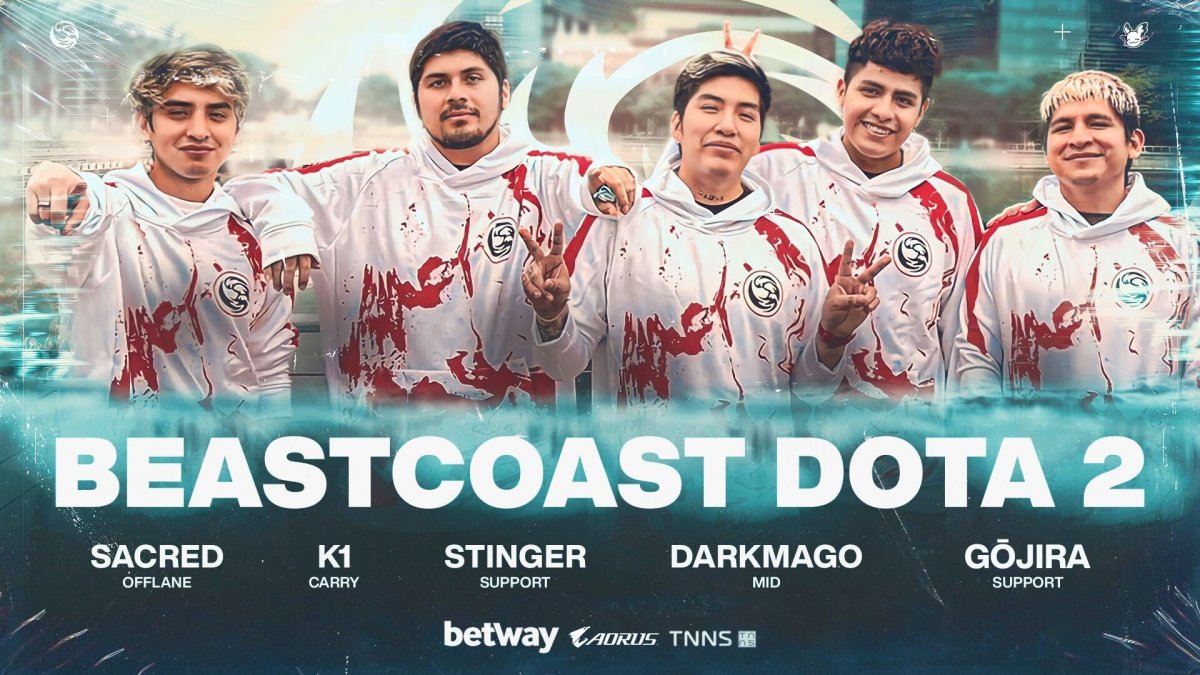
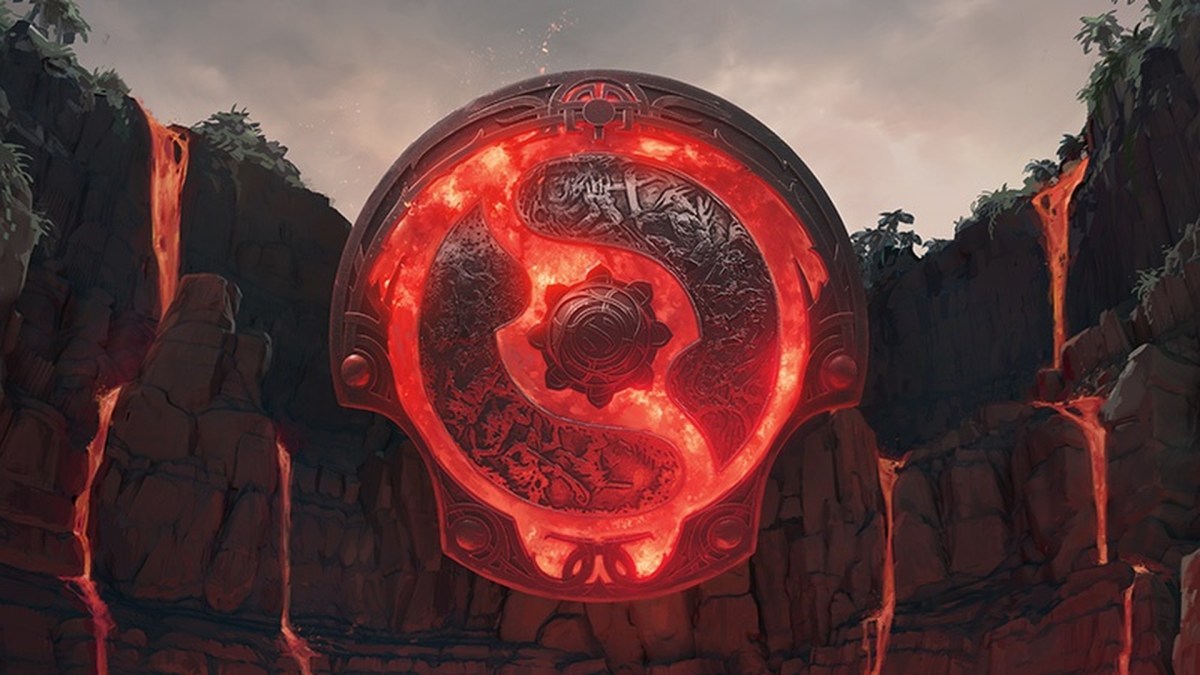
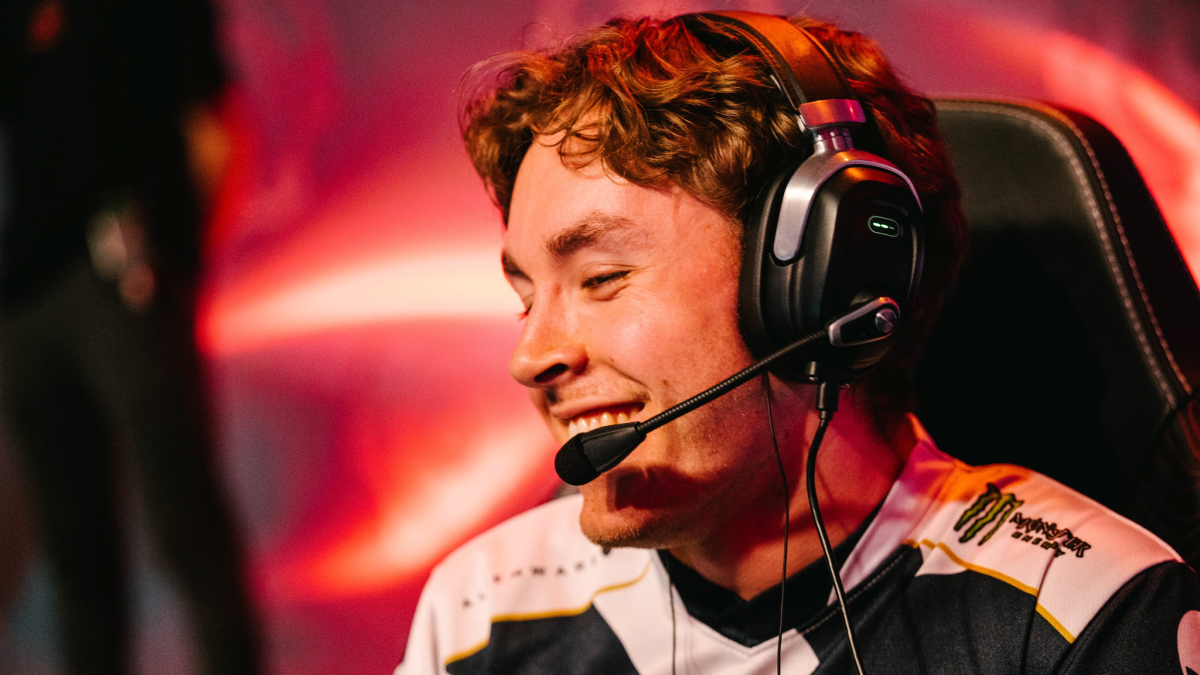
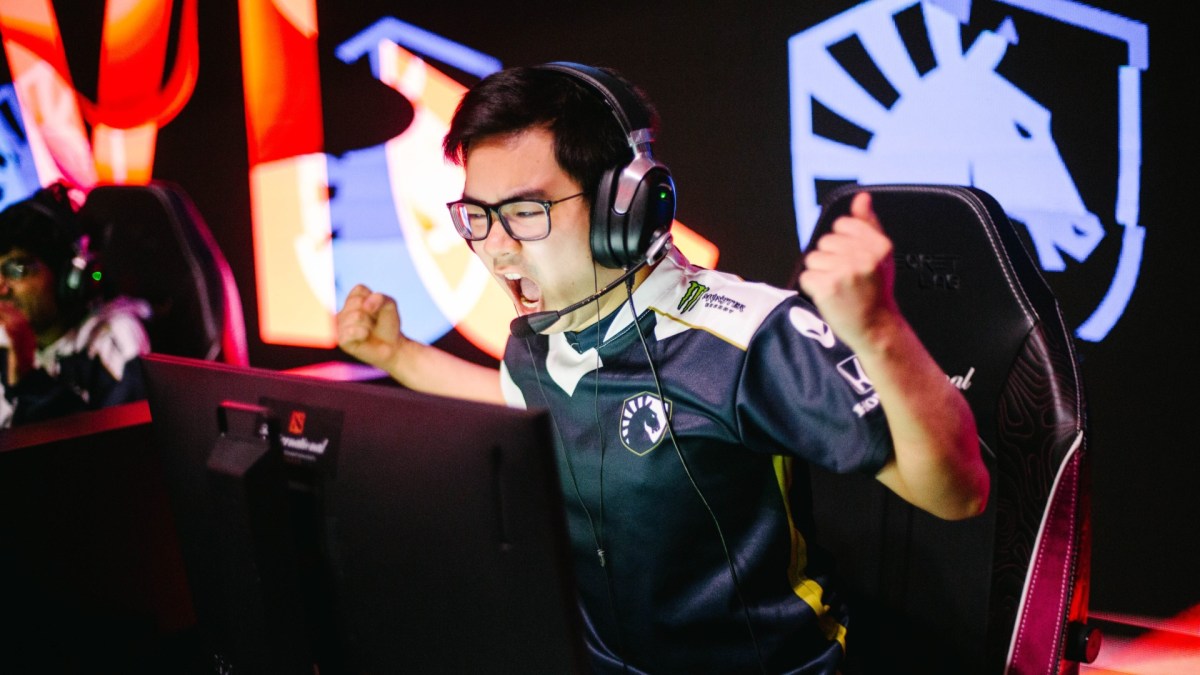
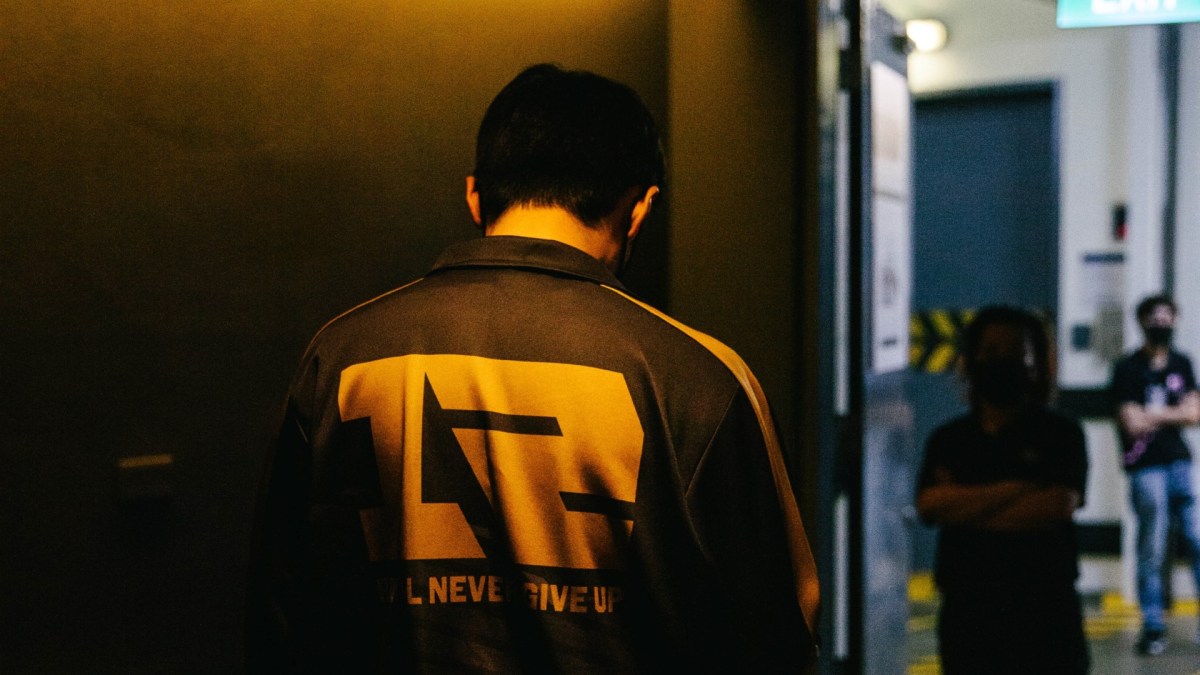
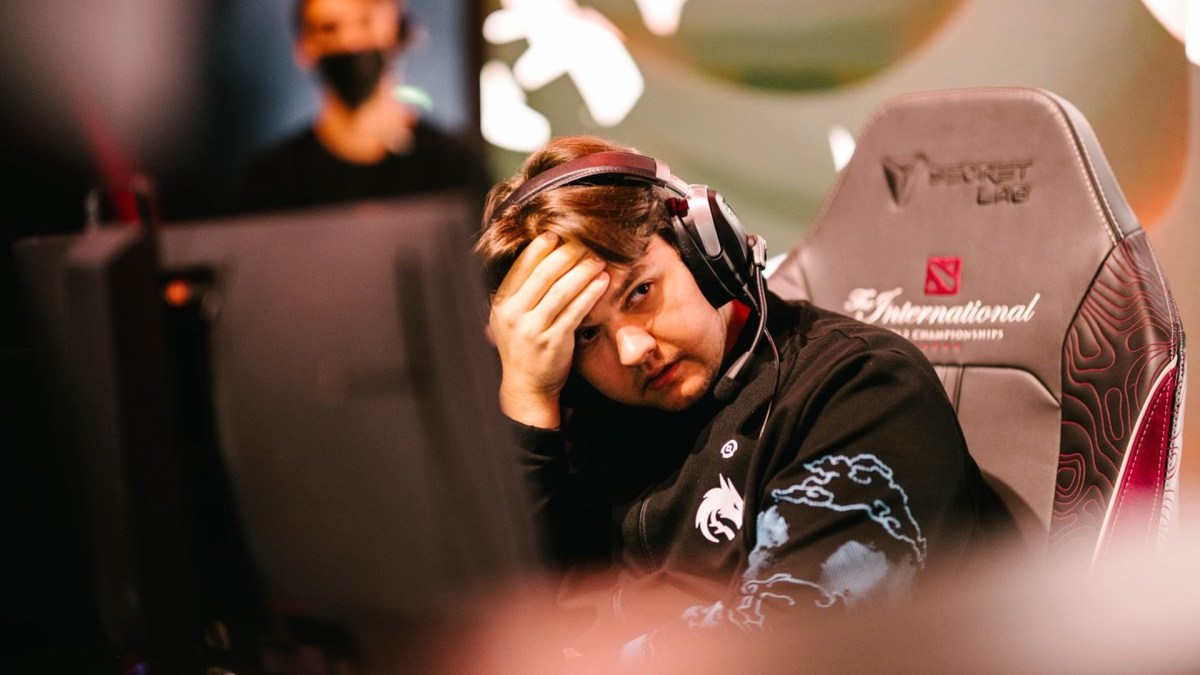



Published: Sep 6, 2022 07:46 pm